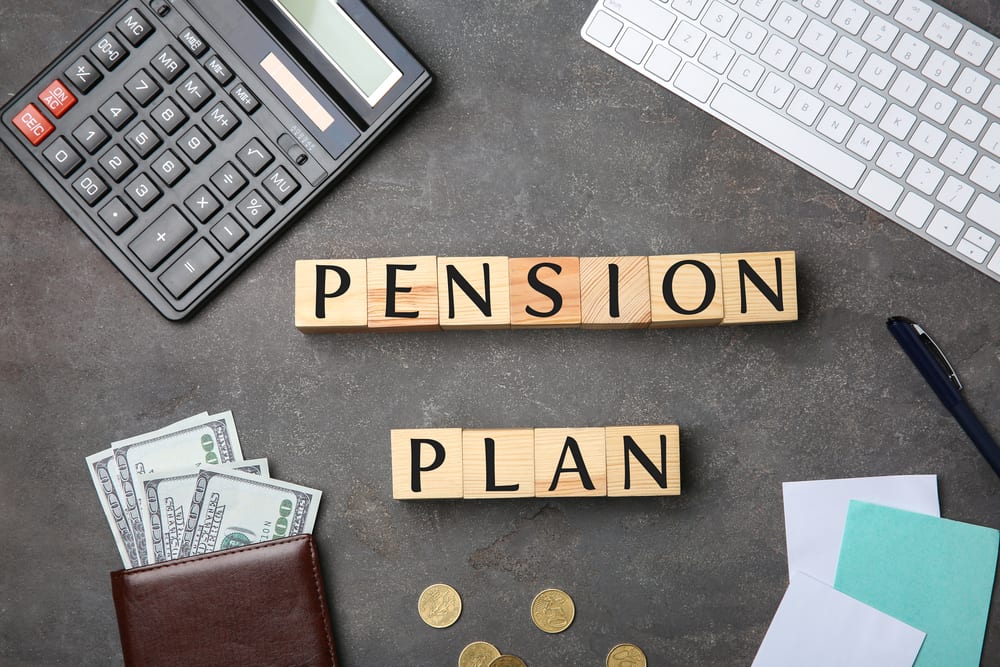The various types of pensions available can be confusing if you’re not familiar with the different types and variations. However, what works best for each person must be looked at on a case by case basis. There are rules to consider and these can affect the amount of tax relief you can claim on your contributions. Your age is another consideration as well as the type of income involved. Pensions are an area that need expert advice if you want to be certain you are taking the right steps to ensure the type of retirement you are aiming for.
Will your private pension fund be sufficient?
Recent studies have shown that almost half of Irish workers have no private pension fund, which will be a problem for them in the future. Currently, the state pension in Ireland is a little under 250 euros per week providing you have contributed to the scheme for enough qualifying years. For many people, this is only a fraction of what they have been used to earning and the change it causes in lifestyle can be devastating for them.
If you are employed by one of the larger organisations in Ireland there is a good chance you will have an occupational pension which the employer will pay in to, in addition to your own contributions. However, many smaller businesses cannot afford to do this, and you may well find the only contributions into your occupational scheme, if you have one, are from yourself.
Whatever the situation, you do not want to be paying into a private pension fund for many years to only find out at retirement that the income it provides is a lot less than you need. This is why the workers that are aware of the need for planning for retirement ask themselves if their private pension fund will be sufficient, and if not, how can they increase it?
It seems that of those workers that do have a private pension fund, only a small portion have looked into the future prospects of what they are likely to receive annually so they can calculate if their pension will let them live the lifestyle they want. Most people just pay into a private pension fund and hope for the best.
Can You Contribute to a private pension fund?
You can contribute to as many pension funds as you want, but there are rules governing which ones you can claim tax relief on for the money you pay in. Firstly, to get relief on each pension you must have separate and distinct sources of income to fund them if you want to benefit from the available tax relief.
Age is also a factor, as the older you are the larger the percentage of your income you can put into a private pension fund, and you can claim tax relief on the contribution. These currently are:
- If you are under 30 years of age – up to 15% of your net relevant earning
- If you are between 30 and 39 years of age – up to 20% of your net relevant earnings
- From 40 to 49 years of age – you can claim tax relief on up to 25% of your net relevant earnings
- From 50 to 54 years of age – it increases to 30%
- From 55 to 59 years of age – it increases to 35%
- Over 60 years of age – you can get tax relief on up to 40% of your net relevant earnings
The age rules reflect how much more you will gain from starting a private pension fund earlier in life as they show that you do not need to save as much if you start at under 30 than if you leave it until you are 50.
Although claiming tax relief on the contributions is good, you should be aware that when you are paid the pension at retirement it will be added to all your other sources of income and you may have to pay tax on some of the amount you receive. This is one of the reasons planning is so important, to minimise any tax liability.
How flexible are private pension funds?
What sometimes puts workers off committing to contributing to a private pension fund is the fear that if they hit hard times, they might not be able to continue with the contributions.
Most private pension plans are flexible and will allow you to suspend payments if you need to. Maybe you have been paying into a private pension plan for some time and unexpectedly life changes, such as starting a family, which decreases your disposable income for a while. It could be a career change or any one of thousands of other reasons why you need to stop the payments for a while and pension companies are aware of this.
The main thing to be aware of if this is the situation you find yourself in is that any life assurance attached to the pension, or any other benefit, will possibly not be in force if contributions are stopped. You need to ask the experts to check this sort of issue when you are deciding which private pension fund to contribute to.
Get professional help so you don’t fall fowl of the complexities of pensions
We are as committed to building close and meaningful working relationships with our clients as ever. Whether it’s just running some pension ideas by us or performing regular reviews to identify areas of growth or underperformance, we’re still aware that wealth management is relationship driven and trust is a must.
Mason Wealth Management is built on the relationships we develop with our clients. Phil, Les, and Martina have always strived to provide the best possible ongoing support, ensuring your financial planning is meeting your changing requirements. Our success has always been dependent on the success of our clients. Our practice is small enough to offer a personal service, providing friendly real-world advice in a down-to-earth way. If you need help understanding your pension options, contact us for more information on how we can help you achieve your financial goals.




